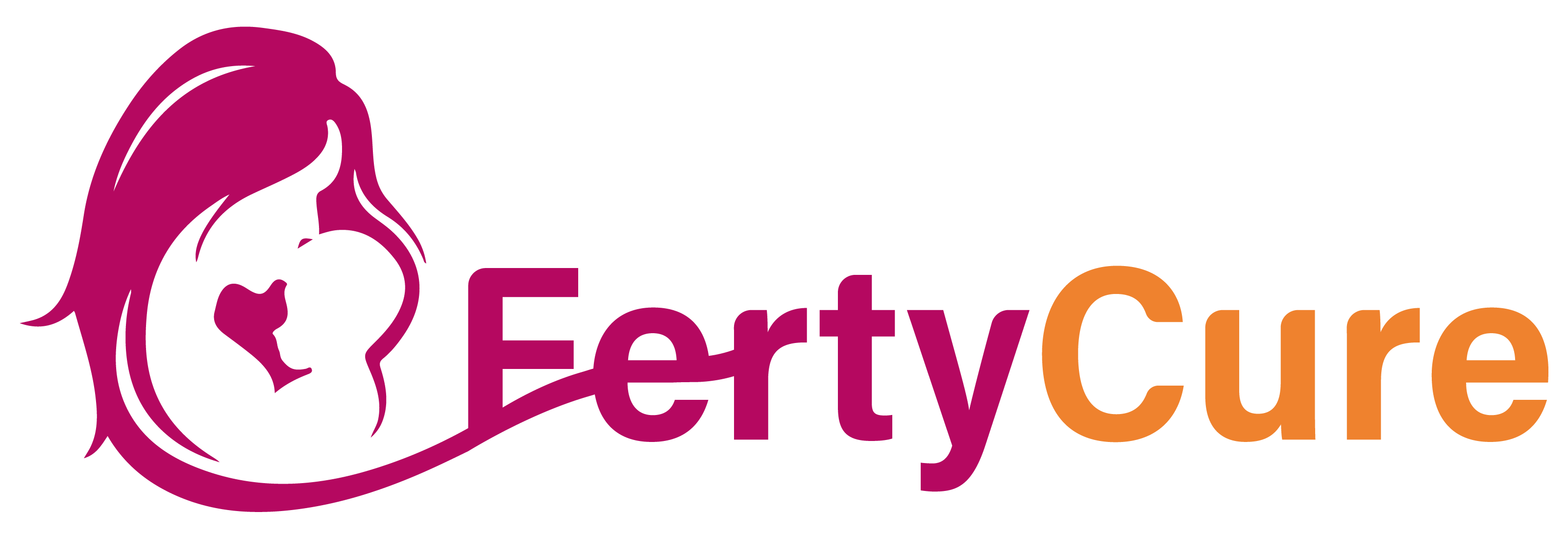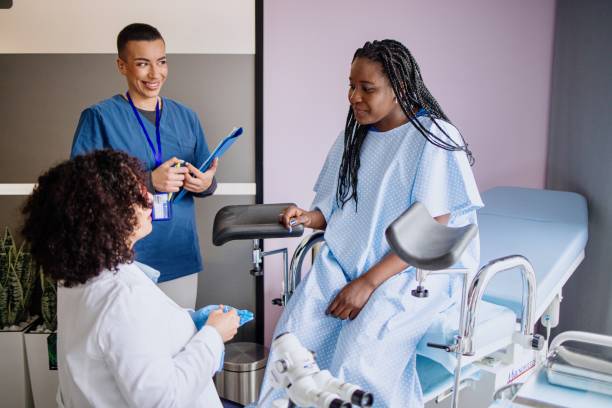Table of Contents
What to do if IVF fails
Introduction
Embarking on the journey of in-vitro fertilization (IVF) demands emotional, physical, and financial investment. The hope of growing a family hangs in balance, and when faced with a setback, it can be deeply disheartening. But remember, you are not alone. If you find yourself pondering what to do if IVF fails, this guide is designed to provide insights, advice, and potential next steps.
How does IVF work?
The IVF process is intricate and is typically broken down into several stages:
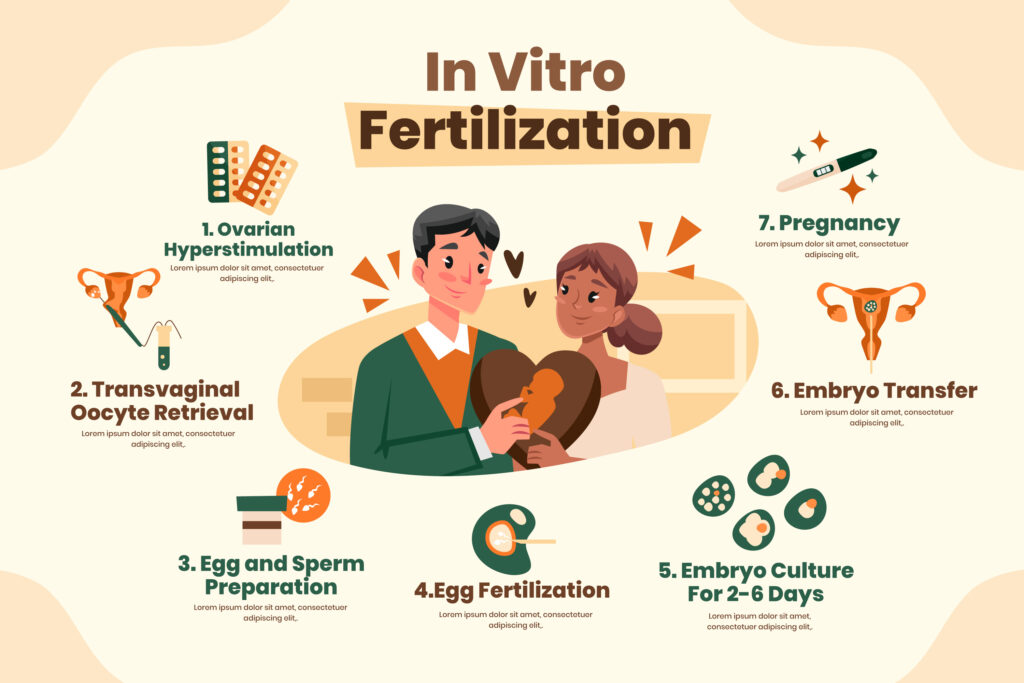
- Ovulation Induction: Medications are used to stimulate the ovaries to produce multiple eggs. Regular ultrasounds and blood tests monitor this process.
- Egg Retrieval: Once mature, the eggs are retrieved from the ovaries using a minor surgical procedure.
- Sperm Collection: On the day of egg retrieval, sperm is collected from the partner or a donor.
- Fertilization: The eggs and sperm are combined in a laboratory dish, and fertilization is closely monitored.
- Embryo Transfer: A selected number of healthy embryos are then transferred into the woman’s uterus, typically 3-5 days after fertilization.
- Implantation: If successful, the embryo implants itself into the uterus lining and continues to grow. After about two weeks, a pregnancy test confirms the outcome.
Why Couples Turn to IVF
Medical Reasons
Various medical reasons compel couples to consider IVF:
- Blocked or Damaged Fallopian Tubes:
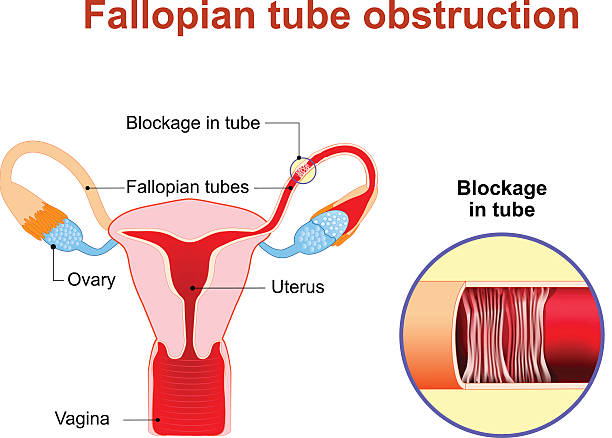
This prevents the sperm from reaching the egg or the fertilized egg from moving to the uterus.
- Male Factor Infertility:
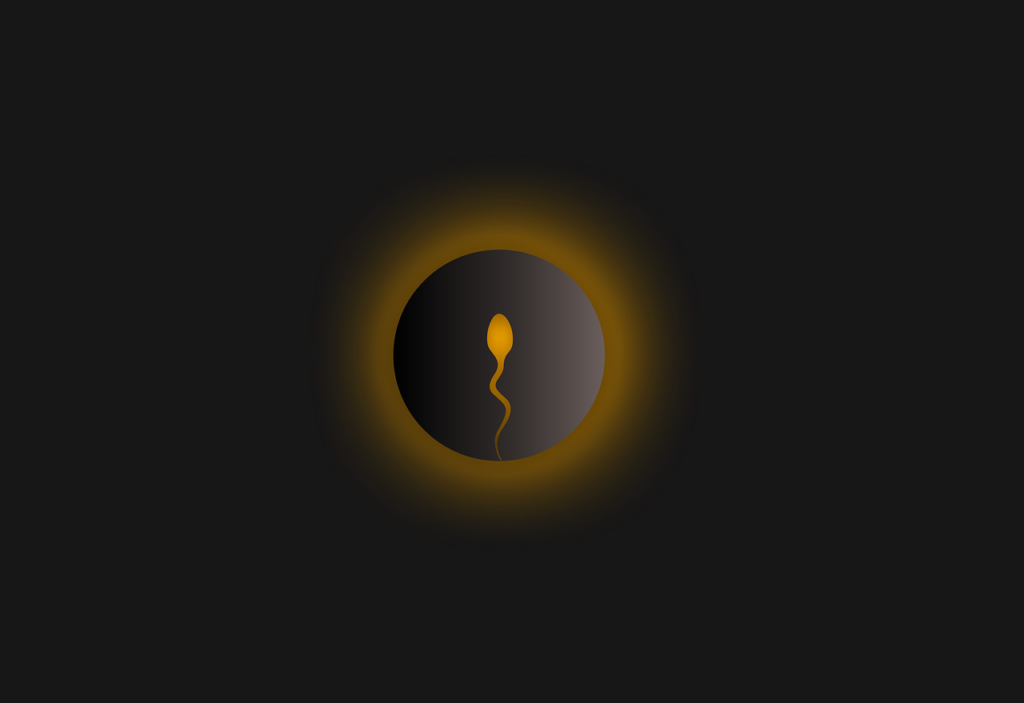
This includes reduced sperm count, poor sperm movement, or abnormalities in sperm shape.
- Ovulatory Disorders: This results in fewer eggs available for fertilization.
- Premature Ovarian Failure: This is a condition where the ovaries fail to produce normal amounts of the hormone estrogen or release eggs regularly.
- Endometriosis:

A condition where the tissue that normally lines the inside of the uterus grows outside the uterus, affecting fertility.
- Genetic Disorders:

Couples might use IVF if they’re at risk of passing on inherited genetic disorders to their children. Using IVF with preimplantation genetic diagnosis (PGD) allows doctors to screen embryos for these genetic issues.
Non-Medical Reasons
Beyond medical reasons, societal and personal choices influence the decision to opt for IVF:
- Age: As women age, the quality and quantity of their eggs diminish. Couples might turn to IVF to maximize their chances of conceiving as they get older.
- Same-Sex Couples: Same-sex couples might choose IVF to have a child related to one of the partners.
- Single Women: Some women choose to become single mothers using donor sperm and IVF.
- Preservation: Couples might undergo IVF to preserve eggs or embryos if they’re facing cancer treatment or other conditions that might affect their fertility.
Common reasons for IVF failure
Understanding what to do if IVF fails starts with understanding why it might fail. IVF, like any medical procedure, isn’t foolproof. Some common reasons include:
- Poor Embryo Quality:
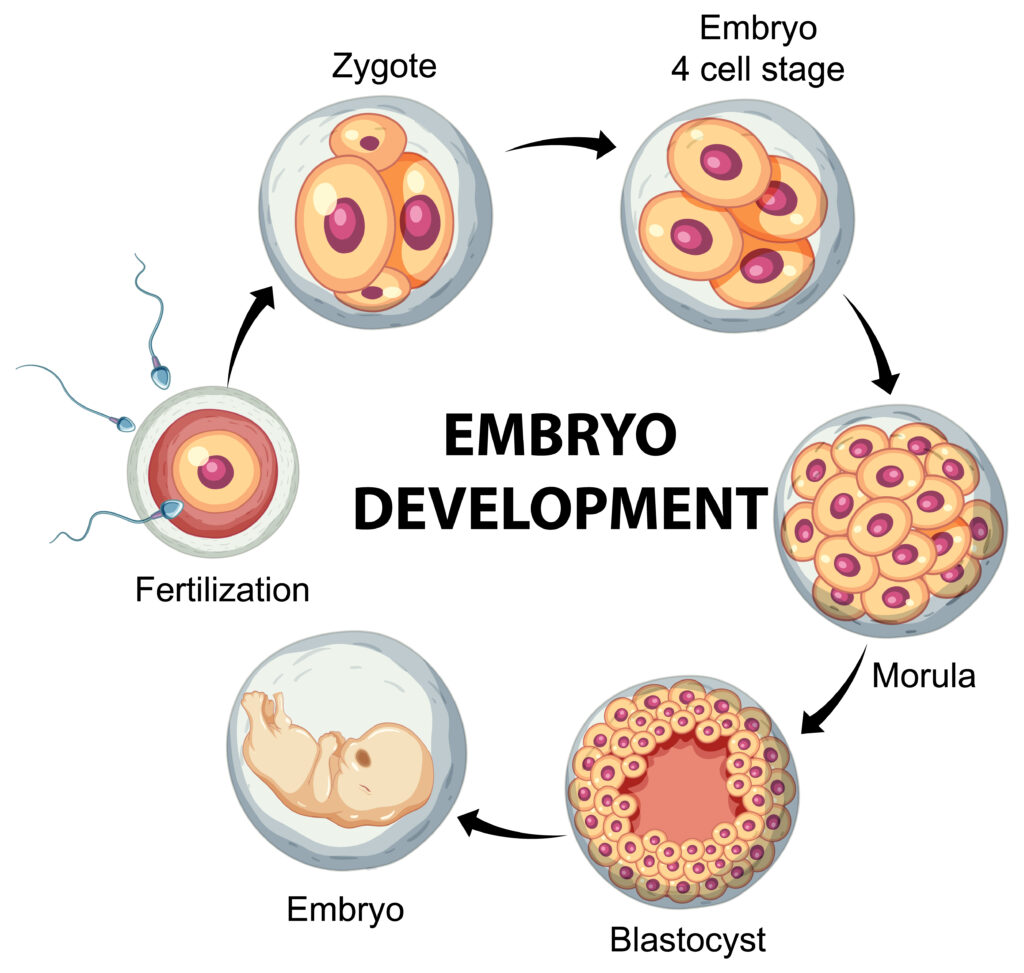
Not all embryos have the potential to lead to a successful pregnancy.
- Abnormal Uterine Conditions:

Conditions such as fibroids or polyps can interfere with embryo implantation.
- Age: As the age of the woman increases, the success rate of IVF typically decreases.
- Embryo Transfer Issues: Sometimes, complications during the transfer can affect the success rate.
Failed Embryo Transfer Symptoms
Identifying the symptoms
Knowing the “failed embryo transfer symptoms“ can provide early indications, enabling you to prepare emotionally and make informed decisions. Some of these symptoms include:
- Heavy Bleeding: While light spotting can be a sign of successful implantation, heavy bleeding might indicate a failed transfer.
- Severe Cramping: Mild cramps can be normal, but intense, prolonged cramping might be a sign of issues.
- Absence of Pregnancy Symptoms: Not feeling any common pregnancy signs such as tender breasts, fatigue, or nausea after a certain time might be an indicator.
Why recognizing these symptoms matters
Early recognition of “failed embryo transfer symptoms“ allows couples to regroup, reassess, and decide their next steps in the fertility journey. Emotional preparation can be vital, as IVF is not just a physical, but also a mental and emotional challenge.
When to Expect Period After Failed IVF
The body’s reaction post IVF
After a failed IVF cycle, the body might take some time to return to its natural rhythm. The hormonal treatments used during the IVF process can disrupt the regular menstrual cycle, leading to questions about “when to expect period after failed IVF“.
The timeline for menstruation return
Generally, most women can expect their period within 4 to 6 weeks after a failed IVF cycle. This can vary based on individual health conditions and the specific hormonal treatments used. It’s crucial to consult with your fertility specialist to understand your specific situation.
Failed IVF Cycles: What Next?
Evaluating options
After “3 failed IVF cycles what next” is a question many couples face. It can be an emotionally trying situation, but there are multiple avenues to consider:
- Further Testing: Understanding the cause of repeated failures can be helpful. This might involve more in-depth genetic testing or assessments.
- Alternative Treatments: Some couples might consider IUI or other fertility treatments as alternatives.
- Surrogacy or Adoption: While these are different paths, they offer the chance for couples to have a family.
Considering alternatives
It’s essential to remember that IVF is just one path to parenthood. If you find yourself wondering, “3 failed IVF cycles what next“, know that many couples have found joy through adoption, surrogacy, or even accepting a child-free life together. The right choice is deeply personal and varies from one couple to the next.
Practical Steps to Take if IVF Fails
When pondering over “what to do if IVF fails,” here are some actionable steps to consider:
- Take a Break: Give yourself time to heal emotionally and physically. Rushing into another cycle might not be the best approach.
- Seek Counseling: Speaking to a therapist or joining a support group can provide emotional relief.
- Evaluate Financially: Before diving into another cycle or treatment, it’s wise to assess one’s financial situation and look for possible aid or insurance coverage.
- Holistic Approaches: Exploring complementary treatments like acupuncture, dietary changes, or stress-relieving techniques might be beneficial.
Conclusion
In conclusion, facing a failed IVF can be emotionally challenging. However, understanding “what to do if IVF fails” can help in navigating the journey with resilience and hope. Whether considering further treatment, alternative paths to parenthood, or seeking emotional support, always remember that you’re not alone in this journey.
